18th October 2016
Had a lovely day recently, on the film set of ‘Milk and Honey: The Movie’, (the working title of what became ‘King of Crime’), starring Mark Wingett from ‘The Bill’ and Claire King from ‘Emmerdale’, written by the talented Linda Dunscombe, who is also producer on this one and has done a fantastic job of getting a great cast together. I somehow missed the auditions but was brought on board, in a minor capacity, for a day’s shoot by the equally talented Sally Luff.
The location, when I arrived early, was already busy with crew and actors and extras in various states of preparedness. After coffee and a chat with Sally, I went to make-up where Clare Nixon and Laura Henry, her assistant, were busy with numerous actors. I also saw, in passing, Richard Summers-Calvert, who I know slightly, looking extremely busy. He was there, that day, in his capacity as the third assistant director but he also plays the character Dexter in the film. I remember Mark Wingett arriving, at some point, and being struck by how calm, friendly and self-assured he seemed, which is just what a lead actor needs to be, it really helps everybody feel happy and confident about the job in hand. Linda and Peter Dunscombe were both there (it’s really their baby this film) not only making everyone feel welcome but on the phone, answering constant questions and doing dozens of jobs whilst overseeing the whole project. Also, in a corner, was a quiet and concentrated, Hainsley Lloyd Bennett (‘Tully’), another of the lead actors.
Having put on my rather dapper three-piece suit, and been made up, I was ready for action. I was pleasantly surprised and happy to find out I was to get to use some real firearms. That sounds a bit morbid, but it’s not something I’ve done before, and I thought it would be good experience for any future film work. The day was picking up and I’d not even got in front of a camera yet!
In the end, I got to fire three types of handgun, which, as I say, was a first, and I have to confess to really enjoying it! Nicholas David Lean (who I later learned was the First Assistant Director, Second Unit Director and Action choreographer, hey it’s a small indie film!) went through the firearms training with me and was very insistent, rightly, that I take it seriously. He spoke of the injuries, and even a few fatalities, that blank rounds had caused on sets over the years (the empty bullet shells fly out at some force). It certainly helped to concentrate the mind and made me focus on all his instructions about how to handle the firearms correctly.
In the event, the reason I ended up firing three guns, was that the first two jammed after a few shots. In a way this helped me, because it gave me more time to get used to being on set, the camera set-up, and what was expected of me and my fellow ‘shooter’, a big shaven-headed guy (who I never did get the name of) who I have to say looked a lot tougher than me!
The set, created by Hayden Otton, in an office block in Milton Keynes, (where a number of the interiors were amazingly quickly, erected and struck, sometimes overnight) was a mock-up of an illegal den for computing scamming. The walls were an oppressive green-greyish colour, and my partner in crime and I, were to be framed in a single shot at the entrance to the room, which was accentuated nicely by small lights, set in the wall around the door, as you might get in a seedy nightclub.
Framed with the lights glowing gently off and on, behind us, Tom Anderson, the cinematographer, and Matt Gambell, the Director, were out in front, behind the camera, giving us various instructions. The lighting was more or less set when we walked on set but still need some adjustment. We spent some time getting positioned right, making sure our eye-lines were correct and going over when to bring the guns into shot and shoot. My partner had a shotgun, but it was a ‘dummy’ in the sense that it didn’t fire blanks and to begin with I had a very large silver hand gun (something like a magnum but don’t really know, having never picked up a gun before in my life).
I got a couple of rounds off with that first gun and was truly surprised at the kick a gun firing blanks has. This gun soon jammed, and Nick quickly replaced it, with another quite impressive but smaller black automatic gun. The same thing happened, it jammed and Nick, increasingly frustrated, after safely putting the other guns away, handed me the last gun they had and the smallest of the lot, a pistol. If this hadn’t of worked, I expect, that I would just have had to pretend to shoot and in post-production (as they did with the shotgun) they’d have put in a digital effect of gunfire. As it was, the pistol worked best out of the lot, giving off a very large flame from its muzzle, which made it a very real sensation to shoot.
Two things I didn’t know on the day were, firstly, that this first day of mine would end up in the trailer for the film and secondly who I was actually ‘shooting’. All we’d been told was that we were gunning down half a dozen people at computer terminals, but none of them were actually there when we were filming (hence the need to get the eye-line right).
It turned out, that a prominent victim of our gunshots was one of the characters in the film called Lazy River Boy, played by Benji Dotan. When I finally saw the sequence, at the premiere, this made me really smile. Benji and I had worked together for a couple of years, in a small scale touring theatre company, have the same agent, and occasionally bump into each other at various arts events.
He was on set that day, and we did have a brief chat early on, which was nice and helped make me feel more at home on set. Film sets can be intimidating places, so a friendly face is always helpful for one’s confidence.
Anyway, I was thrilled to have had the day and had thoroughly enjoyed myself, and after thanking Sally Luff for having contacted me, I got out of my suit and was one the stairwell about to leave. It was at this point I heard someone talking about the need to get further ‘heavies’ for the film. I think at that point I turned around and went back to have a word with Sally. She suggested I talk to Richard, the third AD. What I said to Richard was basically that I was free to come back over the next few weeks if they needed me to play a ‘heavy’ on another day. Richard thought that might be a good idea, went back in and came back a few minutes later having had a word with Linda. Linda had agreed that it would work in terms of continuity, that is that Marcus King could well surround himself with regular bodyguards and I could be one of them, it also got rid of the headache of finding new ‘heavies’ every few days. So, overhearing a conversation by chance, a quick chat, where I suggested I was available, a nod from the writer-producer and I was on board. After that point, I became I guess ‘Bodyguard to Marcus King’ rather than just a ‘heavy’ and I had at that point an unspecified number of call-sheets coming my way (the call-sheet tells you where and when you’re needed and any necessary details for day’s filming)
The whole day was a great experience, and I’d had a ball messing about with the guns as a gangster for the day. I’d found the whole cast and crew really friendly co-operative, hardworking and helpful. The young director, Matt Gambell, seems to be doing a great job (and I’m looking forward to seeing the finished film already). I have a few more days, at least, on the film, now as one of Mark Wingett’s bodyguards, and may even have more guns to fire!
I couldn’t have asked for a better day and was walking on air when I finally exited the building
Note: To any cast and crew members reading this, if there’s anything wildly inaccurate or that you dislike in the above, do let me know.
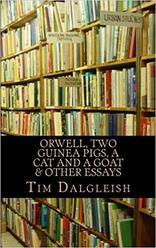
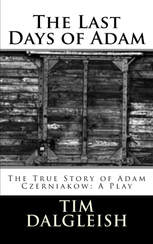
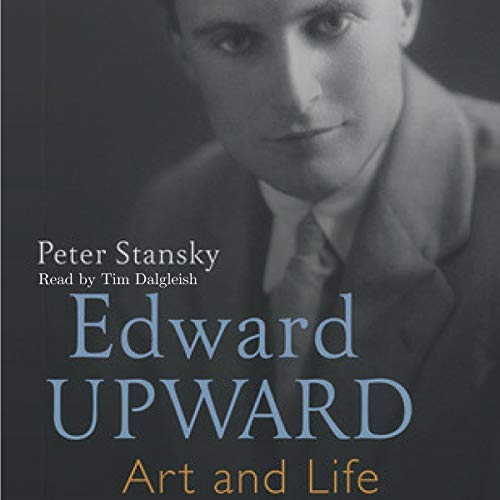
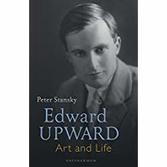
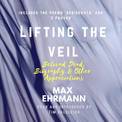
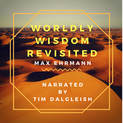
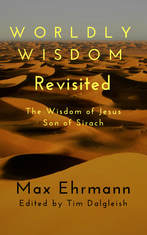
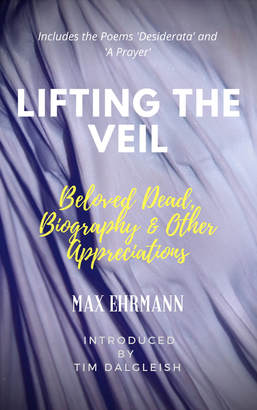
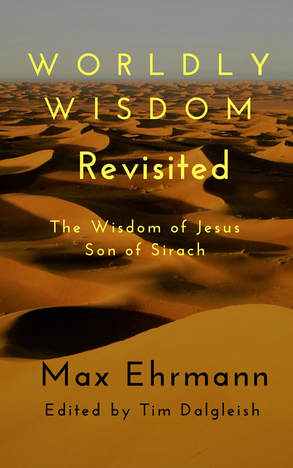
 RSS Feed
RSS Feed
